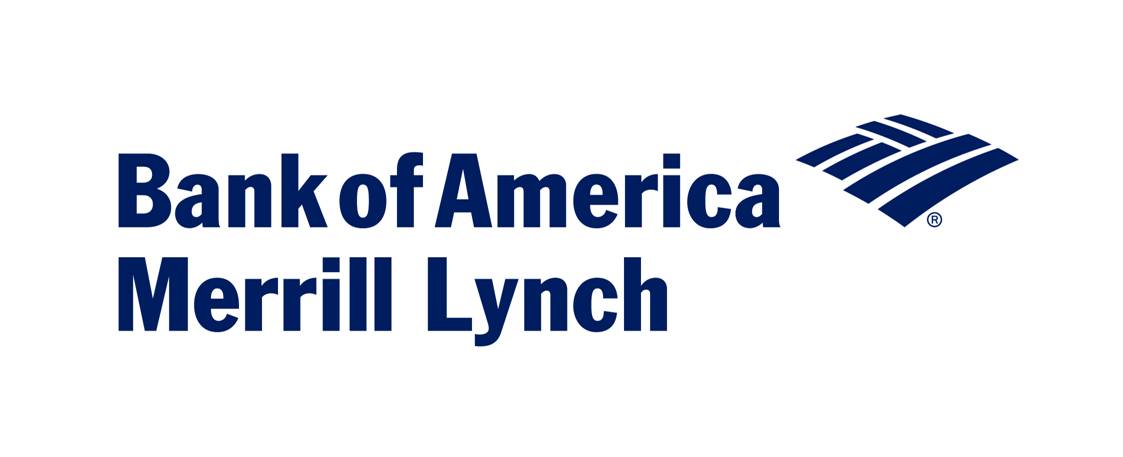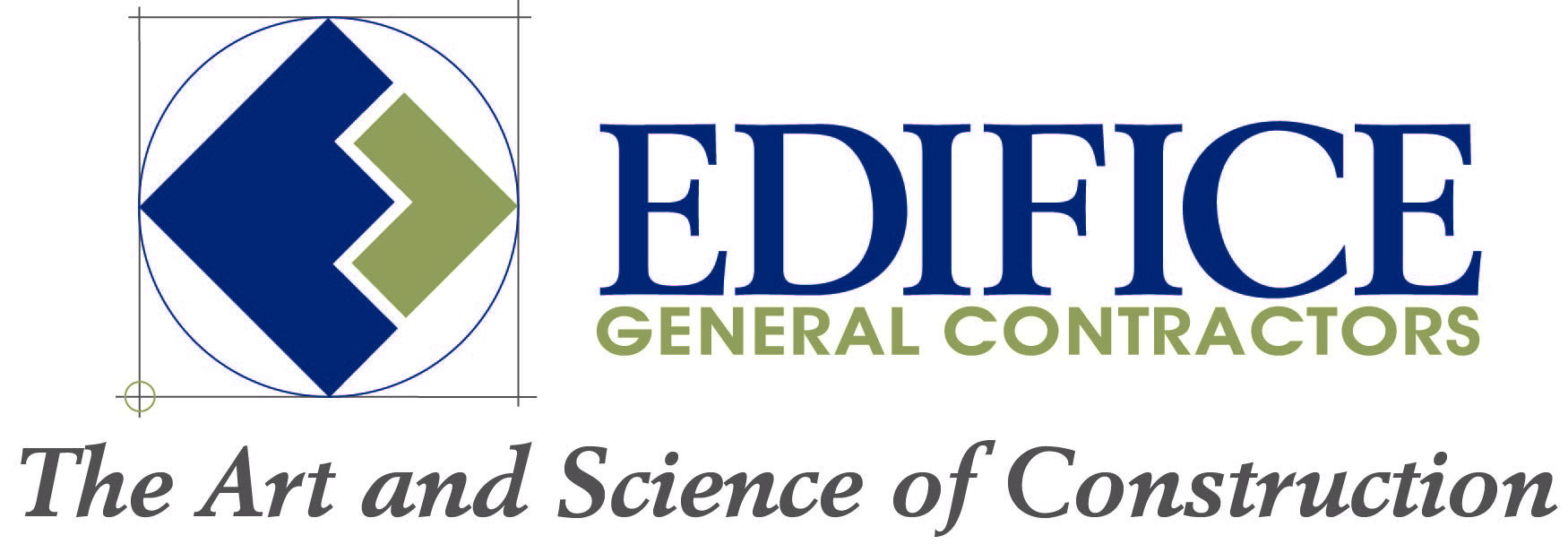Originally published by Shawn Moura Ph.D. on August 3, 2020.
Last week, NAIOP conducted its fourth monthly survey of its U.S. members on the impacts of COVID-19. Since April, the association has examined the pandemic’s effects on conditions in commercial real estate and evaluates how firms have responded. The July survey results reveal that commercial real estate fundamentals are improving, but that the pandemic continues to impact development projects and appears likely to remain a significant challenge for longer than many had initially expected.
The survey was completed by 347 NAIOP members between July 15-20, 2020. Respondents represent a range of professions, including developers, building owners, building managers, brokers, lenders, and investors.










